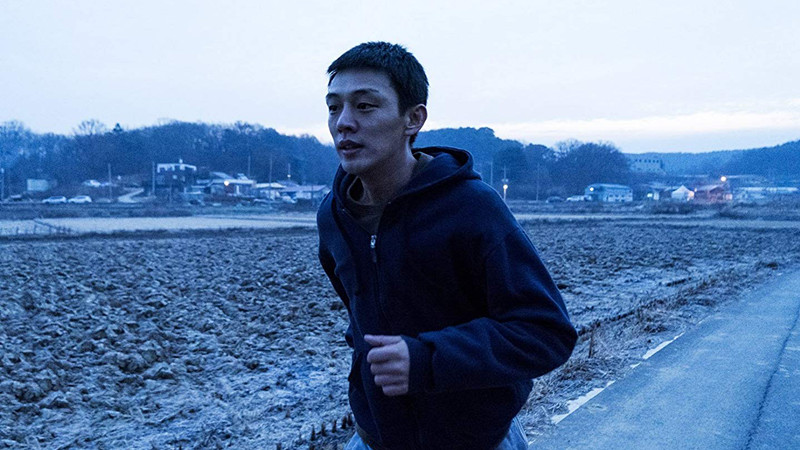
Arthouse movies are difficult to describe and analyze. Art films aren’t made for money, and they’re not seen by a large number of people: they’re deep and intriguing, complex and daring. They’re often experimental, with symbolic content and made for artistic and aesthetic reasons.
During the 2010s, many excellent art movies were released: it’s not easy to write about this kind of films in a proper manner and in a charming way, but here there are 25 superb pictures that are worth your time.
25. The VVitch (Robert Eggers, 2015)
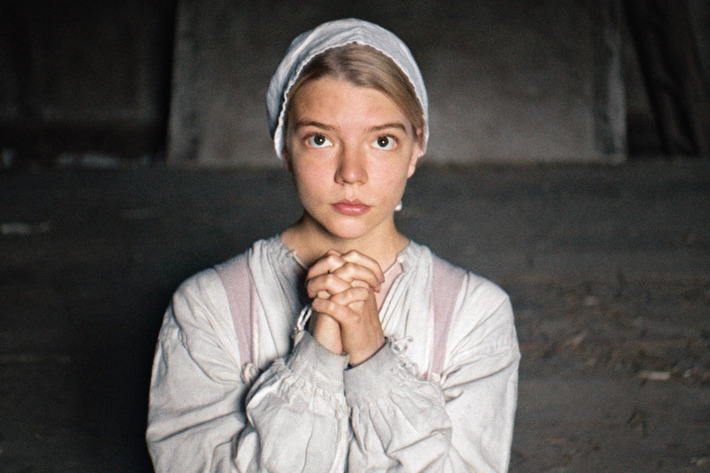
The best American horror film of the last 20 years is Robert Eggers’s directorial debut, which is set in the 17th century England. With an extraordinary style that can be compared to Bergman’s, “The VVitch” puts its director at the center of attention due to his maturity and technical efforts.
The film is not just a magnificent horror flick, but it’s a portrayal of human’s fears and paranoia: Eggers make us feel uncomfortable in showing a family’s decay. The viewer proves a sense of anguish and impotence because of the incredible events that follow each other in an unexpected and relentless way.
Wise direction and an awesome screenplay for a film that’s able to amaze from start to finish: an excellent analysis of an era and its contradictions and a criticism of superstitions that can cause pain and sufferance.
24. Our Little Sister (Hirokazu Kore-eda, 2015)
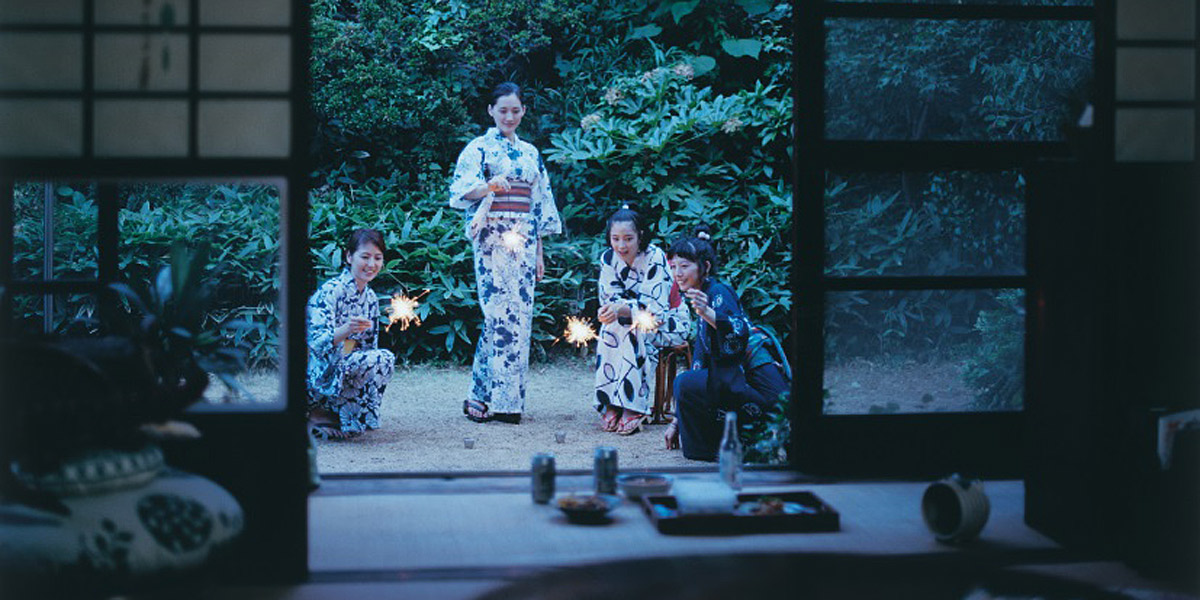
One of Kore-eda best films’, “Our Little Sister” is a delicate love letter to the family’s loves and affections. The Japanese director caress the characters with his graceful touch and adds another dowel to his precious and brilliant filmography.
Kore-eda shows his trademarks and achievements in directing and screenwriting and realizes another family parable rooted in Japanese culture but expressing universal values. Inspired by masters like Ozu, Kore-eda stages a poignant drama about the love between sisters, without ever being banal or nauseating.
23. Suspiria (Luca Guadagnino, 2018)
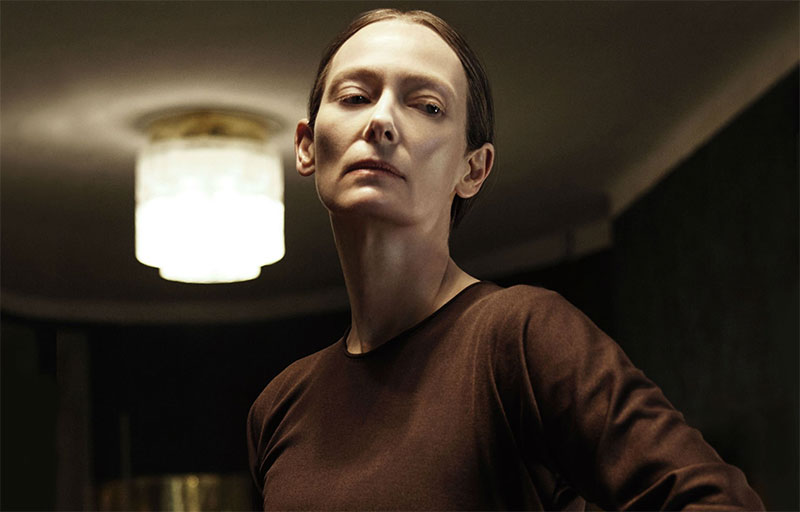
Shoot a remake is always a risk, especially if the original source is both a cult and and a masterpiece such as Dario Argento’s “Suspiria” (1977). Guadagnino’s take on Argento’s classic is something unexpected and surprising: expanding the original story on new, unexplored lands, Guadagnino realizes a film with a majestic visual impact and a complex screenplay filled with intriguing themes like motherhood, perception, guilt and national fault.
Guadagnino directs a complex and stratified film that, like its illustrious predecessor, has its main force in the visual and aesthetic component, but also offers a deepening of the characters and a wealth of topics not indifferent.
Guadagnino’s mise-en-scène is personal and different from Argento’s: the latter pointed to a raw style that highlighted the very essence of fear, as opposed to Guadagnino that seduces the spectator thanks to a curvy and elegant direction, and a photograph of inestimable beauty, which makes 2018’s “Suspiria” an exemplary remake.
22. mother! (Darren Aronofsky, 2017)
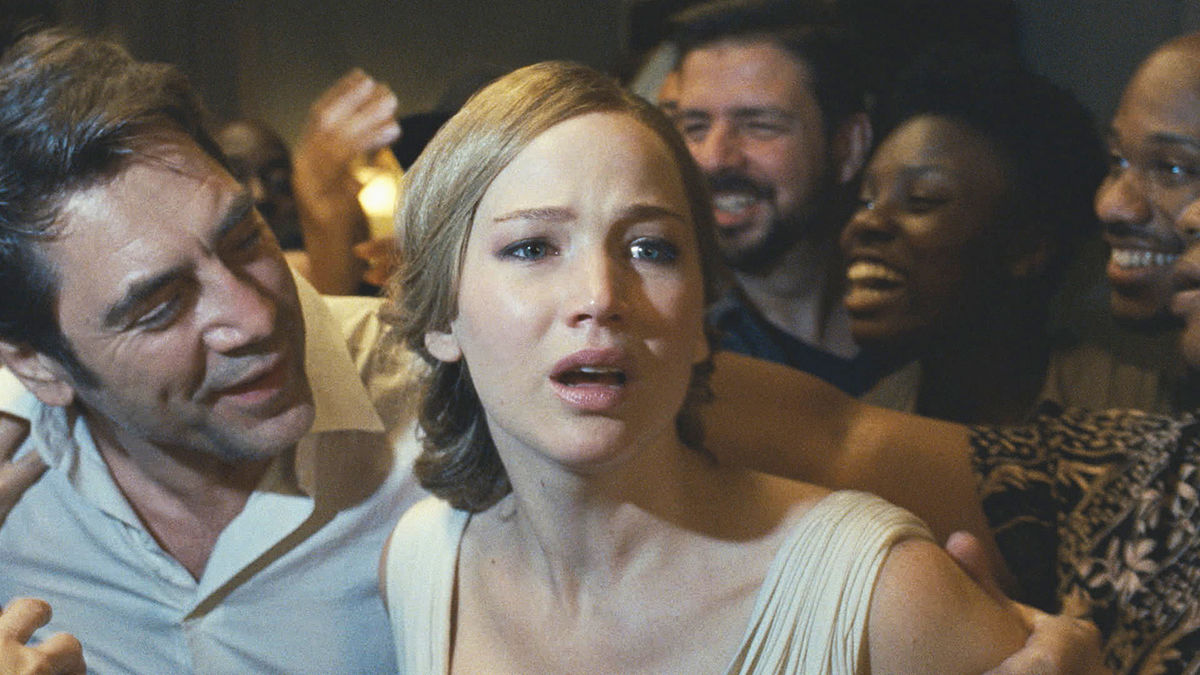
Extremely controversial since its debut at 2017 Venice Film Festival, Darren Aronofsky’s latest movie is and metaphorical and hallucinating hell of a ride into the life of a writer (Javier Bardem) and his wife (Jennifer Lawrence). The movie can be interpreted as a biblical allegory and a description of a creative crisis at the same time.
“mother!” is a great test of direction of Aronofsky that, helped by an impeccable editing, puts the protagonist at the center of the action – and the framing itself – reducing the distance between viewer and character: the two overlap and are thrown furiously in an absurd and intentionally exaggerated hell.
Moral parable and important ecological work – criticized for wrong reasons – “mother!” is an overwhelming film; difficult, deep, fascinating and unique.
21. Roma (Alfonso Cuaron, 2018)
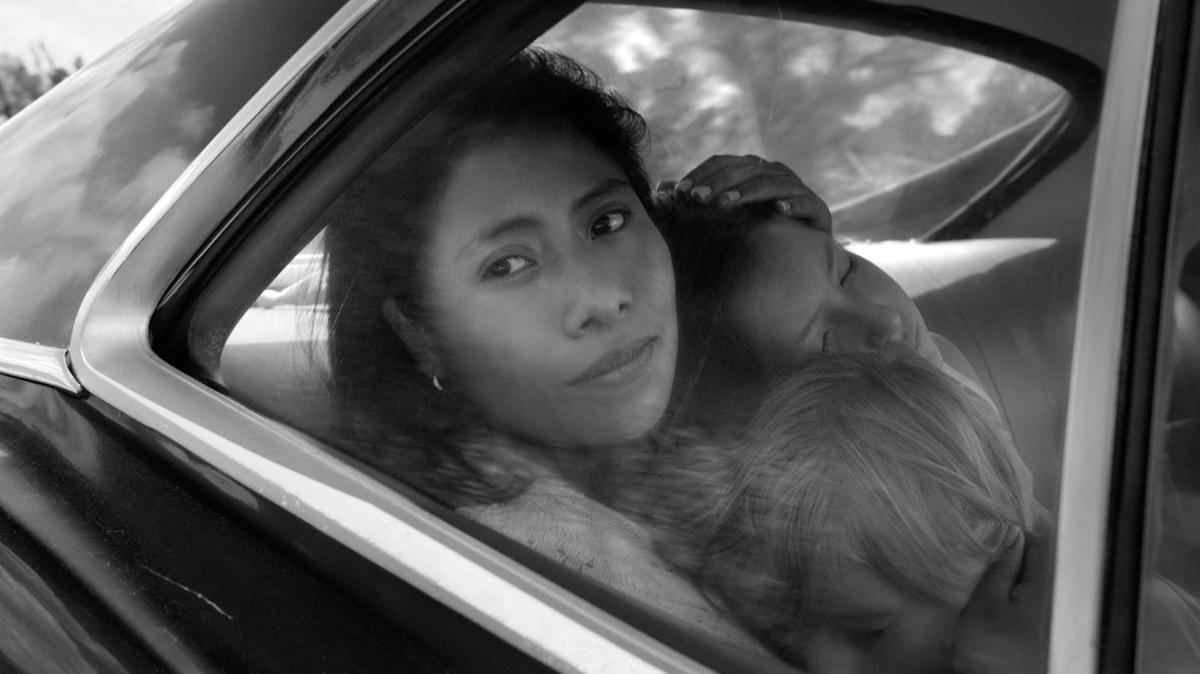
Winner of the prestigious Golden Lion at 75th Venice Film Festival, “Roma” is the most personal and intimate work of Mexican director Alfonso Cuaron. The Author stages a semi-autobiographical tale set in early 1970s Mexico, showing a family and their housekeeper during an important and turbulent period.
An enveloping and magnificent black and white photography takes us to live the streets and places that formed Cuaron itself, and that in the film are the scene of emotional events that have as protagonist Cleo, the sensitive housekeeper played by the excellent Yalitza Aparicio.
“Roma” is a movie about the memoir, the growth, the independence, the pain and a glorious and refined praise of femininity. It’s the most human, personal and intimate film a director can make; it’s Cuaron giving a piece of his heart to the public.
20. El Club (Pablo Larraìn, 2015)
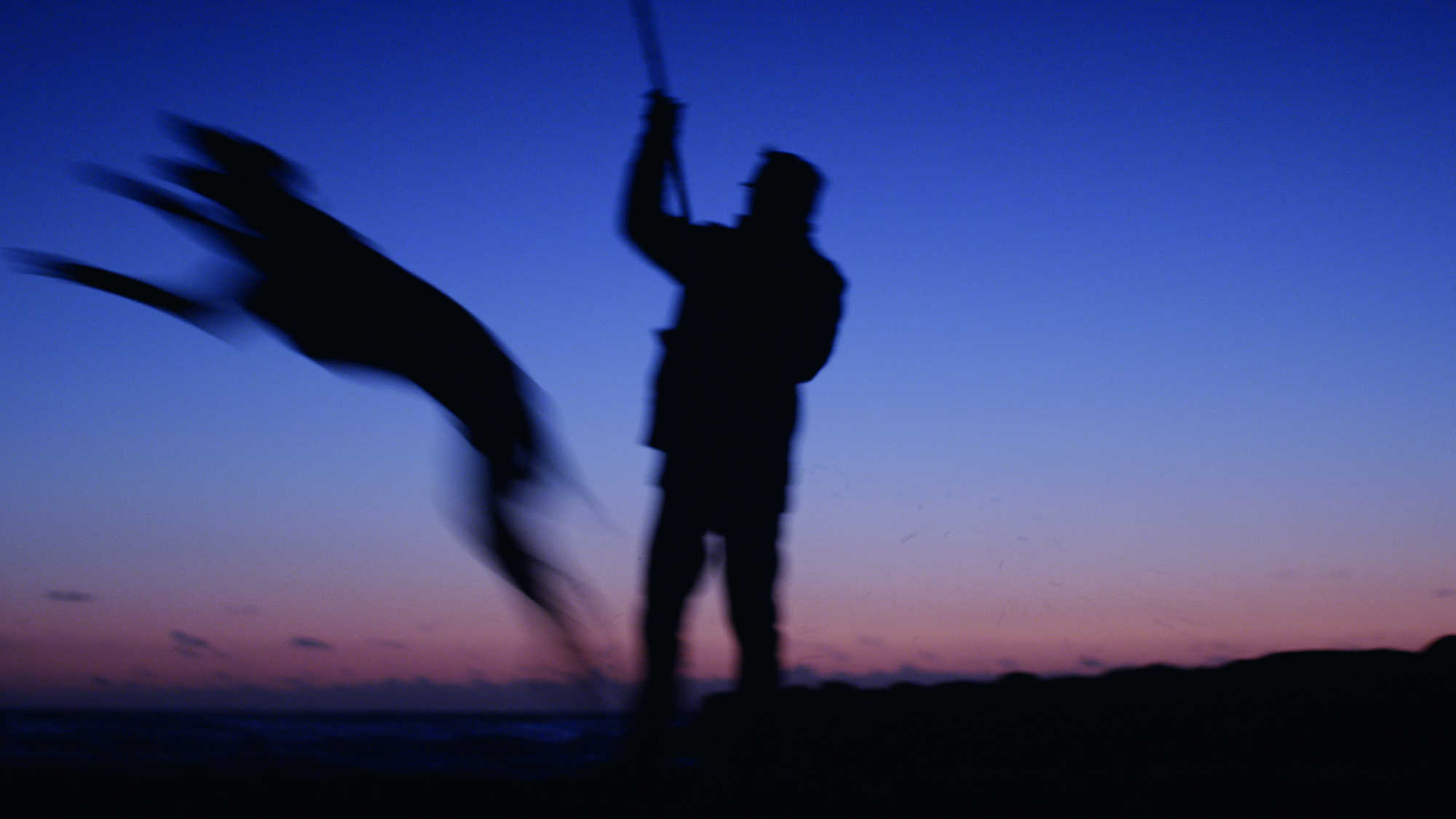
Winner of the Jury Grand prix at 2015 Berlinale, “El Club” is the darkest and bleakest movie realized by Chilean director Pablo Larraìn. Telling the story of four retired Catholic priests, Larraìn explores important themes such as sin and fault with the help of a masterful direction and splendid photography.
“El Club” is a furious and desperate cry against injustice, all contained by a staging of enormous finesse and elegance. A film of burning actuality that poses many important questions, and shows a part of our world that little is shown.
Larraìn confirms itself as one of the most interesting voices on the contemporary world scene: a courageous Cinema that must be considered because it enriches and educates.
19. 3 Faces (Jafar Panahi, 2018)
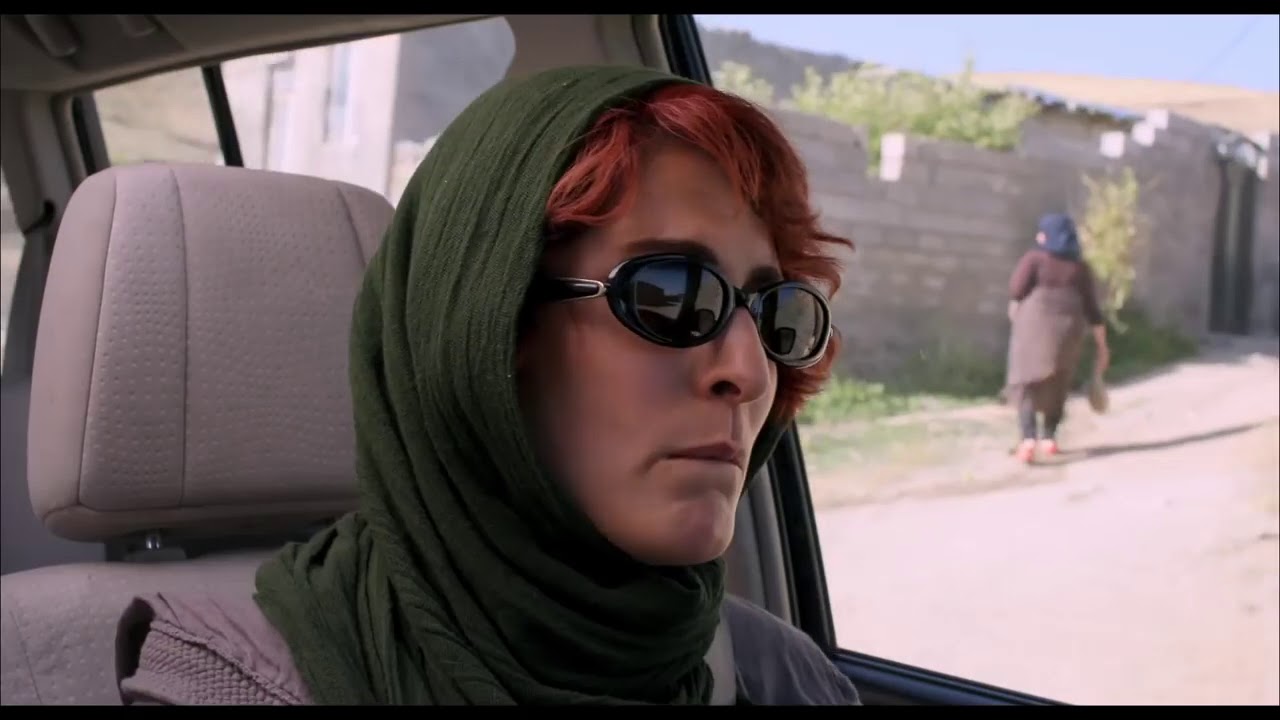
The latest movie by Iranian author Jafar Panahi is a brilliant mixture of fiction and reality at its best. Panahi is able to shoot an involving and compelling history, but also a documentary of contemporary Iran at the same time.
An almost miraculous balance of drama and sharp irony, fiction and truth, “3 Faces” is aggressive and revolutionary in its touching delicacy. The film shows Panahi with a precise vision of what he wants to tell, and “3 Faces” is the highest expression of his Cinema: free, poetic, honest.
18. The Lobster (Yorgos Lanthimos, 2015)
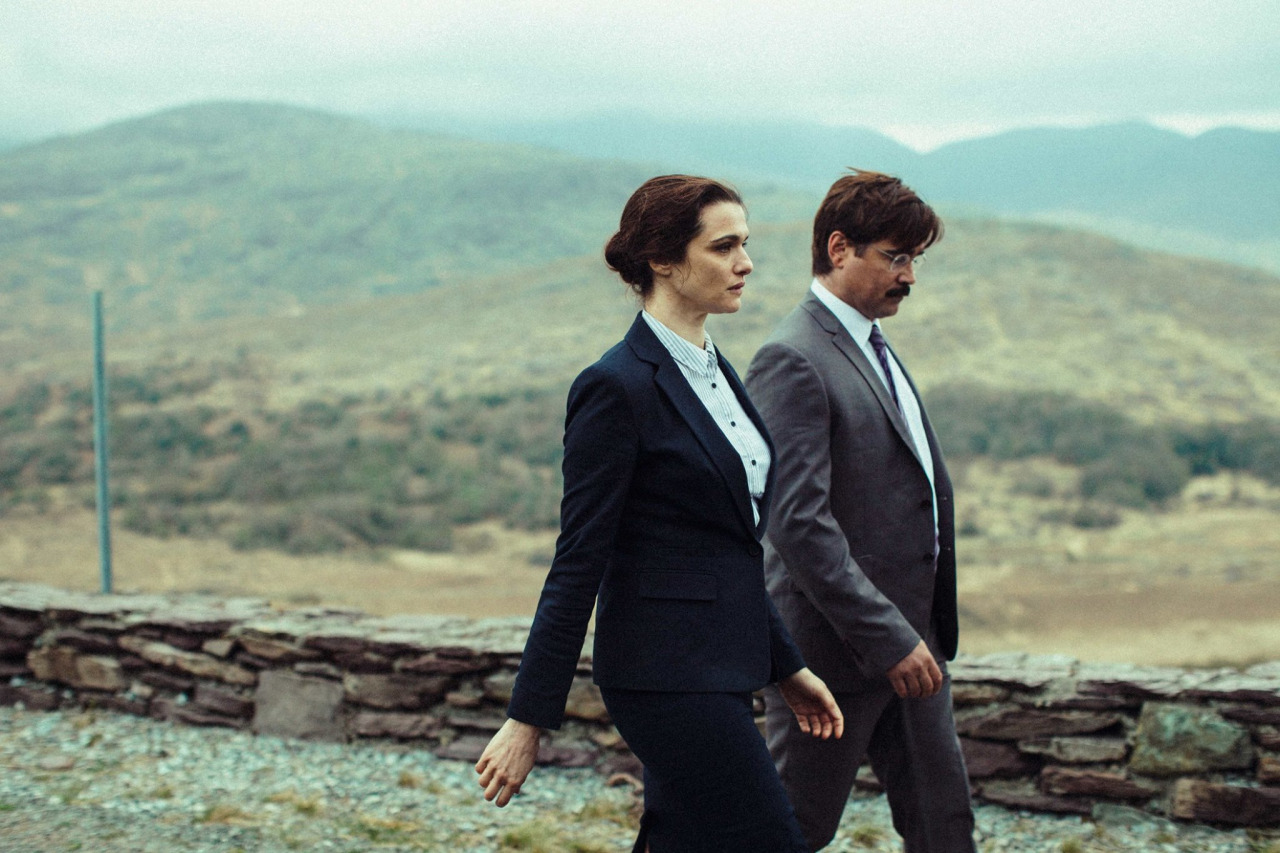
The English-language debut of acclaimed Greek director Yorgos Lanthimos is everything you expect from the key Author of the Greek Weird Wave.
“The Lobster” is set in a dystopian future where everybody must have a partner and nobody can be single. Lanthimos’ brilliant and ferocious satire is a bizarre and though-provoking report of today’s world, of a society where there is strict control and lack of freedom, of people who are afraid of loneliness but quietly love violence and power.
Ingeniously written, well directed and gorgeously photographed, “The Lobster” is disturbing and ironic at the same time, intelligent in the way it deals with humanity and society, and perfectly coherent with Lanthimos’s poetic and vision.